If you read the same news articles I do, they are filled with terms like basis point increases by the Fed (the Federal Reserve), the MBS market, inflation, treasury bond yields, blah, blah, blah. What does it all mean, and how does it affect mortgage interest rates?
Disclaimer: I didn’t even get through college, like hardly. Take this with a grain of salt, but I had to try to make sense of this in my own mind, and wanted to share that journey with you.
Micro
In the loan world, interest rates are affected by a number of internal factors. These include whether the loan is a government loan (ie FHA, VA or USDA), if it’s a primary home mortgage (people tend to default less with respect to their primary home), the equity or down payment amount, credit scores and property types.
Macro
From 30,000 feet, there’s a lot more going on. This is where you’re going to hear about “the Fed”, Treasury Bonds and the MBS Market, aka the Mortgage Backed Securities market.
The Fed
The Federal Reserve does not set mortgage interest rates. However, and despite a number of direct factors that determine mortgage interest rates, there is a strong correlation between the two when comparing the Federal Reserve’s rates with mortgage interest rates. The Federal Reserve meets about every 6 weeks to look at economic factors, primarily making sure that prices are stable and inflation is low, as well as the strength of the jobs market. Their primary goal when adjusting rates is to control inflation. The Fed’s rate was lowered to almost zero at the beginning of the 2020 pandemic to stimulate the economy. Now, the Fed is reacting (as opposed to being proactive, another discussion) by raising the rate to make borrowing more expensive and therefore cooling down the economy by reducing spending and thus inflation. Regardless, the Fed’s rate will directly affect other consumer loans like auto loans and credit cards.
Treasury Bond Rates
Government bonds are usually considered very safe investments issued by and backed by the National government to support government spending. Mortgage rates are more closely tied to Treasury Bond rates (T-Bonds if ya want to sound cool), usually issued with a maturity date between 10 and 30 years. They pay interest to the investor until the bond matures. When bond interest rates are high, the bond is considered less valuable in the secondary market as it is paying out more in interest. This causes mortgage lenders to lower rates and vice versa. A bond’s yield refers to the return on investment for the purchaser of the bond.
(Unrelated), for those of you that want to go down this rabbit hole, here’s a quote from Investopedia on yield curves, something we talk about when predicting recessions;
A yield curve inverts when long-term interest rates drop below short-term rates, indicating that investors are moving money away from short-term bonds and into long-term ones. This suggests that the market as a whole is becoming more pessimistic about the economic prospects for the near future.
Mortgage-Backed Securities (MBS)
Mortgage-backed securities are kind of like a bond that is made up of a bundle of home loans. These pools of loans can be millions or even billions of dollars worth of home loans. Essentially, Local Bank sells your loan to>Larger Bank for the original cost of the loan, (so they can get their capital back to make more loans) and they usually make their profit with a small loan fee paid by the borrower. Larger Bank sells your loan and many others to>A Corporation (or more likely Fannie Mae or Freddie Mac) for a small portion of the interest paid by you, and the other loans. They then sell shares to shareholders for a small portion of the interest. The banks get their Capital back to make new loans and everyone makes money, assuming none of the loans are paid off and none default, but that’s built into the overall investment analysis for the shareholders. Anyway… As the demand for mortgage bonds increase, Fannie and Freddie can also demand a higher price with a lower yield to shareholders. As the demand decreases, they have to reduce the price and offer a larger yield. More simply, when MBS prices drop, lenders rise their interest rates to compensate. Inversely, the more MBSs investors buy, the lower the rates drop. Here again, the MBS market is largely influenced by The Fed raising rates.
Conclusion
So… How are mortgage interest rates determined in Teton Valley? (<— gotta add some SEO here) My best (and totally crude and heavily opinionated conclusion) is that they are influenced by the supply and demand of bonds like Treasury Bonds and Mortgage Backed Securities, which are in-turn influenced by the Federal Reserve and it’s rate, intended to keep the inflation rate in check, the housing market in check, and the jobs market in the best position possible.
Helpful Resources:
The Fed:
Here’s a great video explaining this process in more detail.
https://youtu.be/AkMsMDk_brU
MBS
Here’s the video from Concerning Reality that does a great job explaining mortgage-backed securities: https://youtu.be/feDw649zekw
And another from First Integrity Mortgage: https://youtu.be/JRvSDV-C33w
Treasury Bonds
Here’s another video, this one does a good job explaining Treasury Bonds.
https://youtu.be/P2tpRnDO_U0

